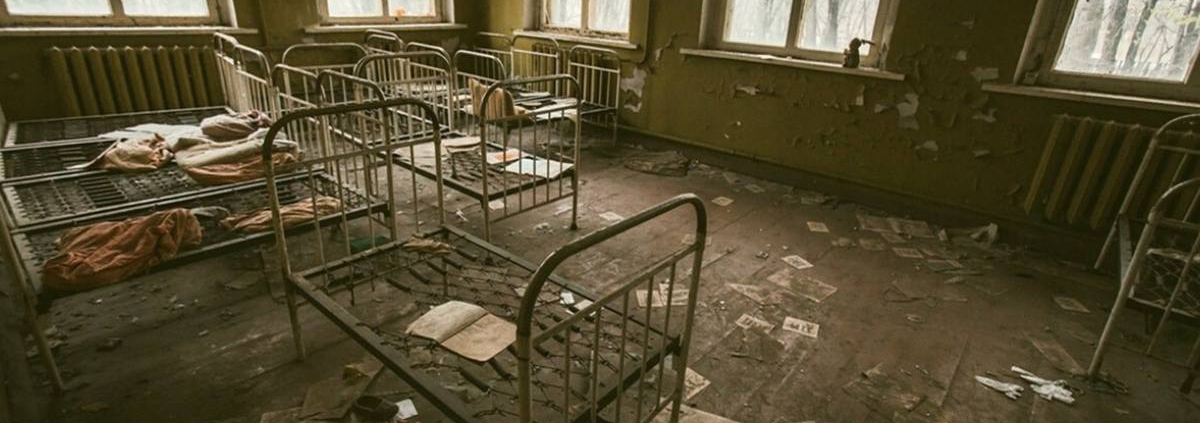12 of 13 Individual Control
“Yeah, we’re a great community at my hostel. I’m perfectly safe here (as long as I hand over my money to my roommate and don’t let anyone else know).”
People talked about their experience of moving out of homelessness and how little control they felt even when they cooperated fully in what was asked of them. Those who had spent longer periods in hostels talked about being controlled by other people who lived there. This included financial abuse and an unhealthy dependency on using drugs and alcohol as a way of joining in with the social scene and ultimately staying safe.
Most people talked about unrealistic rules which worked against their ability to get out of their situation including not always having access to their belongings or passports. In some accounts people had clearly become institutionalised in accommodation where meals were provided for them and people had very little power and control over day to day living. Some people we work with didn’t understand how to use a door key after they moved out of hostel accommodation. It is interesting that these people are referred to, or categorized as having ‘complex needs’.
We took action
We stopped viewing people as having complex needs and shifted the focus of the problem toward the broken, disempowering system that was designed to ‘support’ them. We didn’t challenge the individuals’ abilities to function independently and try to fix it. We started trying to fix the system by delivering a new approach from within the broken system. Through leading by example and staying true to our mission and values, we are continually striving to pave a new way forward in the hope that traditional deficit based services will follow.
The PTS offers a solution to the broken system and relentlessly promotes individual control so that individuals can flourish and transition out of the system with dignity and self-respect.

